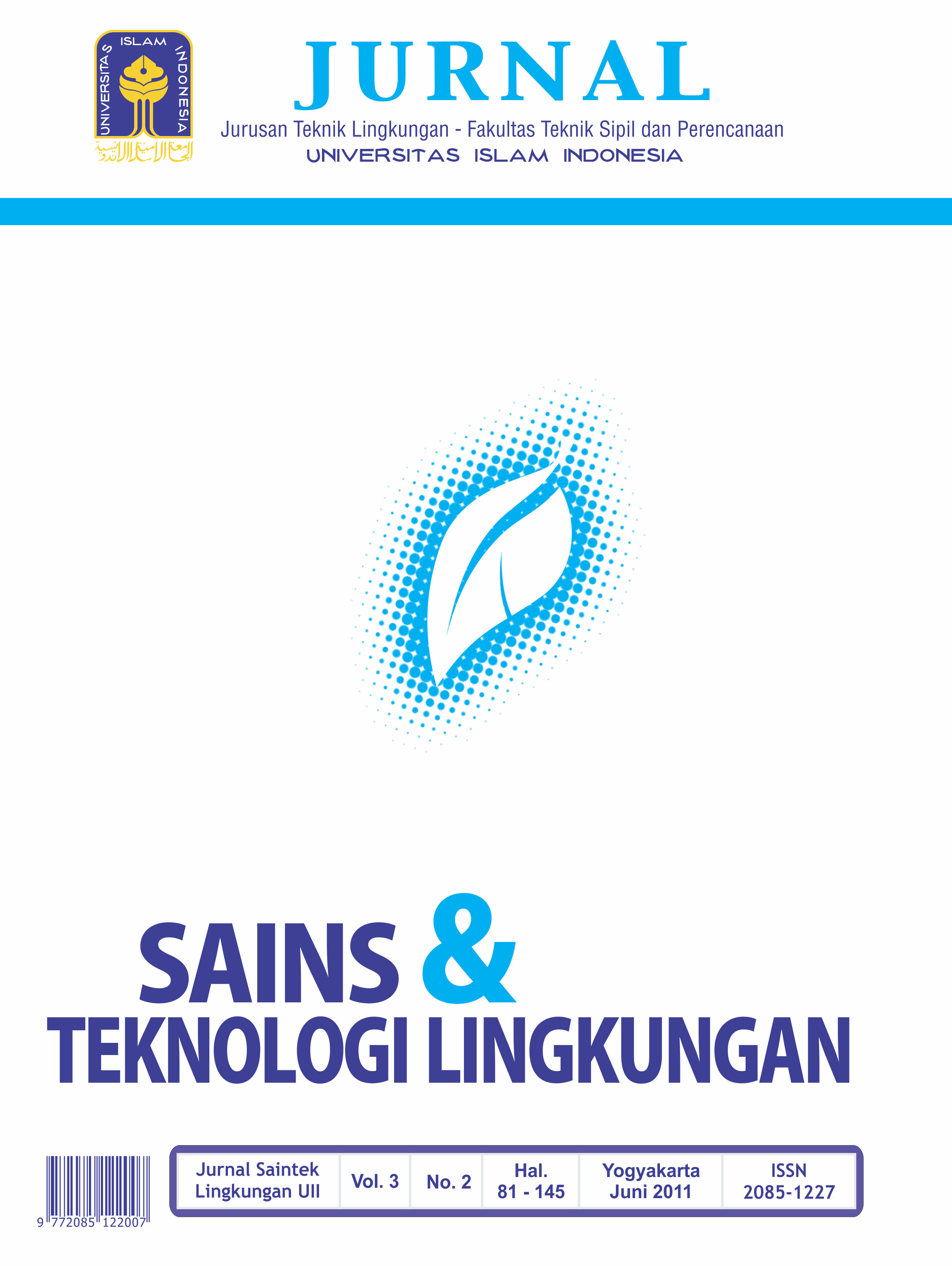Main Article Content
Abstract
Certain technology is intended to create eco-efficient products or process or is developed as answer to the recent challenge. This kind of technology consequently can also create another impact therefore it shall be assessed and analyzed.
The focus of the study is on assessment method namely Life Cycle Analysis (LCA), Scenario development and Delphi application. The objective is to understand benefits and drawbacks of the combined methodology and observe practicality of its implementation for assessing new technology. The distinctive feature comes from the combination of social and technological foresight (as Delphi application) and future studies (as Scenario development) which are applied in the environmental assessment of a product (by Life Cycle Analysis).
The utilization of LCA-Scenario-Delphi case study as an explanatory example is presented in the Removal Wind Turbines Project by the Danish Energy Agency. The wind turbine is considered new technology with some of it phases are yet to occur, for example: removal of turbines after phase out stage. Technology Assessment by LCA-Scenario-Delphi is complicated procedure, but necessary to validate the results. The drawbacks of this procedure are extensive time it consumes and the dependency on public participation and/or expert willingness to participate. Nonetheless, its advantages are due to its interactive feature; integration of knowledge from different areas of expertise and its assessment’s characteristic which focuses on process.
Keywords
Article Details
Authors who publish with this journal agree to the following terms:
- Authors retain copyright and grant the journal right of first publication with the work simultaneously licensed under a Creative Commons Attribution License that allows others to share the work with an acknowledgement of the work's authorship and initial publication in this journal.
- Authors are able to enter into separate, additional contractual arrangements for the non-exclusive distribution of the journal's published version of the work (e.g., post it to an institutional repository or publish it in a book), with an acknowledgement of its initial publication in this journal.
- Authors are permitted and encouraged to post their work online (e.g., in institutional repositories or on their website) prior to and during the submission process, as it can lead to productive exchanges, as well as earlier and greater citation of published work (See The Effect of Open Access).
